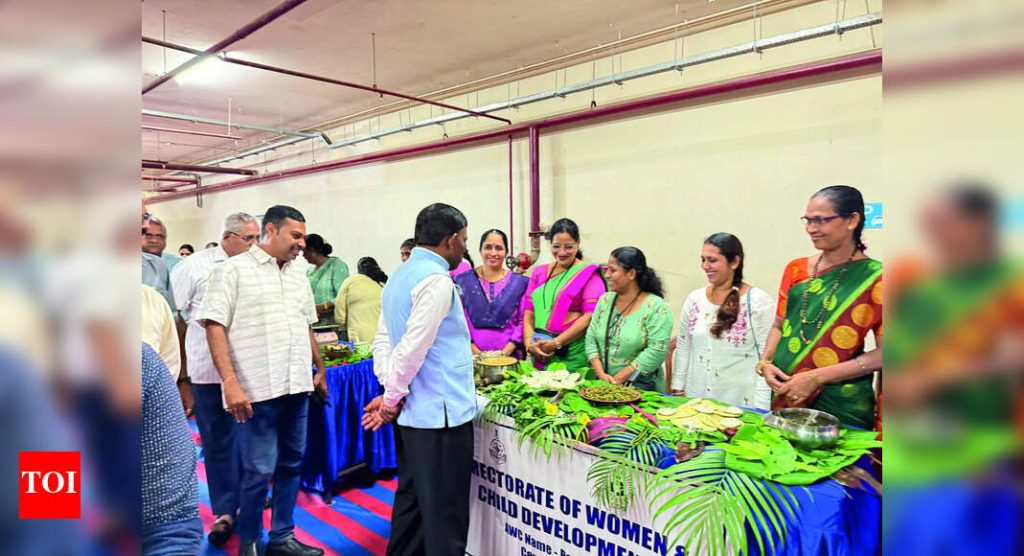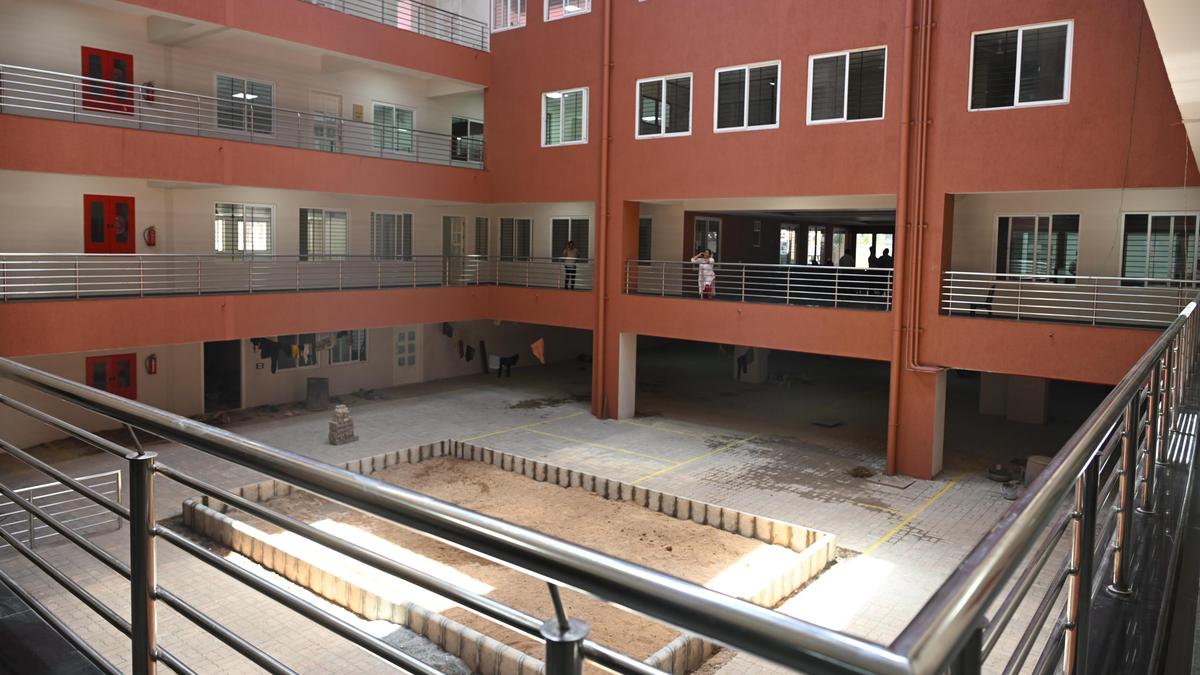Now Reading: Kuttanad Centre Planned to Boost Tourism and Conservation
-
01
Kuttanad Centre Planned to Boost Tourism and Conservation
Kuttanad Centre Planned to Boost Tourism and Conservation
Swift Summary
- The Alappuzha district administration has proposed the establishment of a Kuttanad Interpretation Center in its report to the Kerala state government for rejuvenating Vembanad Lake.
- The centre aims to act as an experiential knowledge hub showcasing Kuttanad’s cultural and environmental heritage through interactive exhibits,live demonstrations,and digital documentation.
- It seeks to address unstructured tourism in Kuttanad by bridging gaps between conservation, education, and tourism while fostering local community participation and economic growth.
- Revenue generated through tourism will be directed towards benefiting local artisans, farmers, craftspeople, thereby creating sustainable livelihoods and revitalising customary art forms.
- Designed by Rahul K.Sukumaran from Kuttanadan Initiatives-a social innovation startup-the centre will also serve as an educational space focusing on biodiversity, history, sustainable agricultural practices; catering to scholars, eco-tourists & cultural enthusiasts.
- It proposes training programmes for locals aimed at preserving the region’s heritage while attracting diverse visitors.
- Estimated at ₹10 crore over 1,000 sq.m., the project could be completed within two years via government funding/public-private partnerships/international aid.
Indian Opinion Analysis
The proposal for a Kuttanad Interpretation Centre represents a important step toward more structured and meaningful tourism in kerala. By emphasizing interactive educational features alongside community integration efforts like direct revenue sharing with artisans and farmers-this initiative offers dual benefits: ecological preservation of Vembanad Lake coupled with socioeconomic empowerment of local communities. If implemented effectively within its projected two-year timeframe using balanced resources like public-private partnerships or international funding avenues-it may set an example for sustainable regional progress tied to conservation-oriented tourism across India.
Such models have potential ripple effects beyond just boosting eco-tourism; they can streamline fragmented sectors (like unorganised artisanal work) under unified frameworks promoting equal economic opportunities while maintaining cultural integrity amidst modern advancements.




























